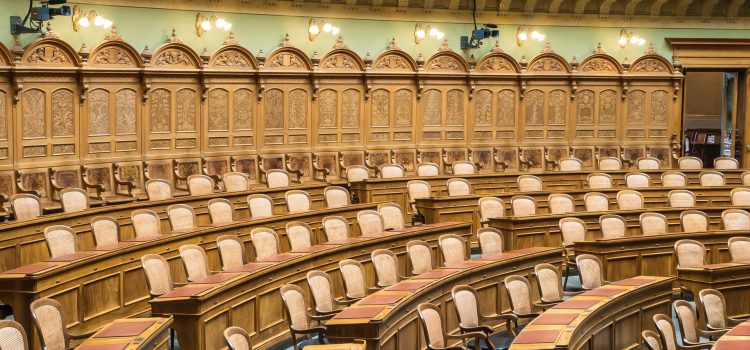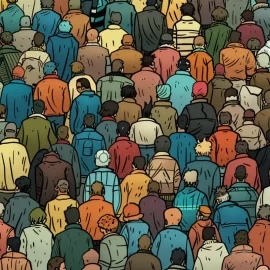

This article is an excerpt from the Shortform book guide to "Behind The Beautiful Forevers" by Katherine Boo. Shortform has the world's best summaries and analyses of books you should be reading.
Like this article? Sign up for a free trial here .
What triggered the demand for political reforms in India? How did the reforms affect the residents of Annawadi in the book Behind the Beautiful Forevers?
The failure of the police to respond effectively to the terrorist attacks in 2008 triggered the demands for political reforms in India. The anticipated reforms and removal of the ruling political class did not happen. Plans to raze Mumbai’s slums including Annawadi continued.
Read on to discover how the demand for political reforms in India affected the residents of Annawadi, as detailed in Behind the Beautiful Forevers.
Public Outcry for Political Reforms in India
The terrorist attacks had demonstrated that people in higher classes were just as vulnerable as anyone else to violence. For example, during the attacks, police officers didn’t know how to use their weapons to stop an attack at a train station. In another instance, officers received calls for help from the maternity ward of a local hospital that was being attacked, but they chose to stay at their station. These incidents motivated demands for political reforms in India by people in higher classes, and there was clamour for change of leadership. Parliamentary elections were coming up and a surge of people in the higher classes started registering to vote.
The outcry for political reforms in India was a departure from how the upper classes usually reacted to adversity: using their wealth to solve problems rather than fighting for fundamental change. For example, if they disliked the quality of the drinking water, they could pay for a filter rather than demanding water policy changes.
Traditionally, people in lower classes were more likely to be registered to vote because it was one of their only ways to wield power, but they faced obstacles registering to vote. Ahead of the parliamentary elections, some slum dwellers and people from minority groups found that even when they submitted paperwork, election officials wouldn’t process it. Despite attempting to register for seven years, the Husains still hadn’t been granted permission to vote.
Failed Elections and Razing the Slums
When parliamentary elections were held, fewer people from higher classes turned out to vote than was expected. As a result, most of the same people were reelected, hopes for political reforms in India were put on hold, and plans to raze the slums of Mumbai moved forward.

———End of Preview———
Like what you just read? Read the rest of the world's best book summary and analysis of Katherine Boo's "Behind The Beautiful Forevers" at Shortform .
Here's what you'll find in our full Behind The Beautiful Forevers summary :
- A nonfiction account of the lives of residents of in one Mumbai slum
- How the globalized world affects many people in India
- A story of poverty, exploitation, and the struggle to survive






